Soyez le premier à commenter ce produit
PRODUCT DETAILS
Feathery foliage on tall and vigorous dill plants that mature and form seed quickly from large umbels of yellow flowers. Sow Long Island Mammoth dill seeds at the back of the herb or vegetable bed, as plants can reach 2m (6') tall or more. In fact, it gets so tall, it makes a nice specimen plant, central in the garden. Harvest the leaves as needed. The leaves and seeds dry well.
The structure of dill's flowers is known as an umbel. Thus dill is considered an umbelliferous plant. Other umbellifers include carrots, cilantro, fennel, parsnips, and Ammi. All of these plants are attractive to predatory insects such as lady beetles, Syrphid flies (hover-flies), lacewings, and tiny parasitoid wasps. WCS recommends that organic gardeners should grow some dill precisely to attract these beneficial insects, for they will control pest insects like aphids, thrips, whitefly, and the caterpillar of the Small White Butterfly (cabbage moth).
- Feathery foliage on tall plants
- Vigorous plants mature quickly
- Harvest leaves as needed
- Large umbels of yellow flowers
- Plants can reach 2m (6') tall
All About Long Island Mammoth
Latin
Anethum graveolens
Family: Apiaceae
Difficulty
Easy
Season & Zone
Season: Warm season Exposure: Full sun
Timing
Direct sow late spring through summer, or sow when cucumbers are transplanted, to coincide maturity for pickling. Dill tends to bolt if transplanted, so it is best direct sown. Stagger the harvest by sowing every 2-3 weeks for a constant supply of fresh leaves. Optimal soil temperature for germination: 15-21°C (60-70°F). Seeds should germinate in 10-21 days.
Starting
Dill seeds need some light to germinate. Sow seeds no more than 5mm (¼”) deep in rows 45cm (18″) apart. Thin the plants to stand at least 15cm (6″) apart.
Growing
Ideal pH: 5.0-7.0. Grow in moderately rich soil in full sun. Water and feed regularly, and stop any overhead watering once plants are 60cm (24″) tall to prevent issues with mildew forming on the leaves.
Harvest
Begin harvesting the tasty leaves once plants reach 15cm (6″) tall. About 12 weeks after sprouting the seed heads begin to form. When the first seeds have turned brown, cut the whole head and hang it upside down for the drying seeds to fall out into trays or paper bags. Dill leaf loses most of its flavour when dried, so freeze it in ice cube trays filled with water for use all winter.
Seed Info
Usual seed life: 3 years.
Companion Planting
Dill improves the health of cabbages and other Brassicas, and is a very good companion for corn, cucumbers, lettuce, and onions. Dill attracts ladybugs, lacewings, and the parasitoid wasps that feed on garden caterpillars. At the same time it repels aphids and spider mites. Avoid planting near carrots and tomatoes.
| Marque | West Coast Seeds |
|---|---|
| Numéro de Pièce du Fabricant | HR1085A |
| UPC | 687704004376 |
| Famille | L'aneth |
| Groupe | Annual |
| Certifié biologique | Non |
| Héritage | Oui |
| Pollinisation Libre | Oui |
| Hybride | Non |
| Options d’Emballage | Pack A |
| Langue du paquet | Anglais |
| Type de Expédition | Graines |
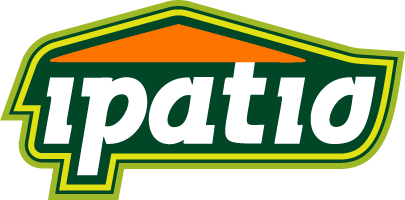






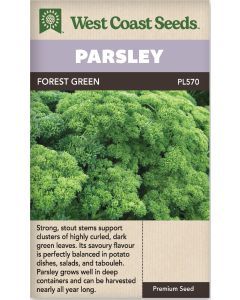

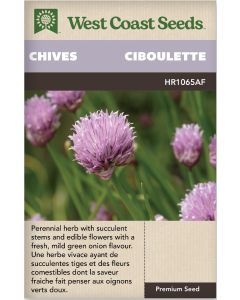

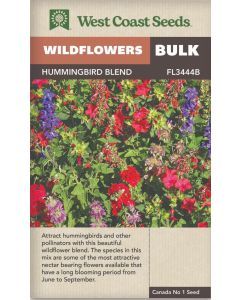
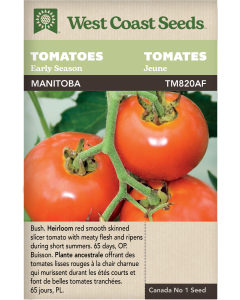
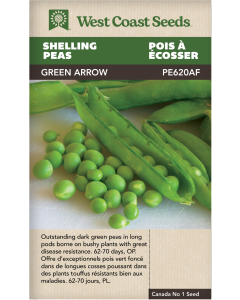

Login and Registration Form